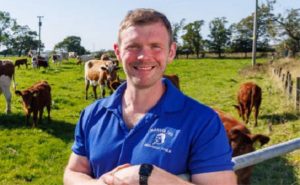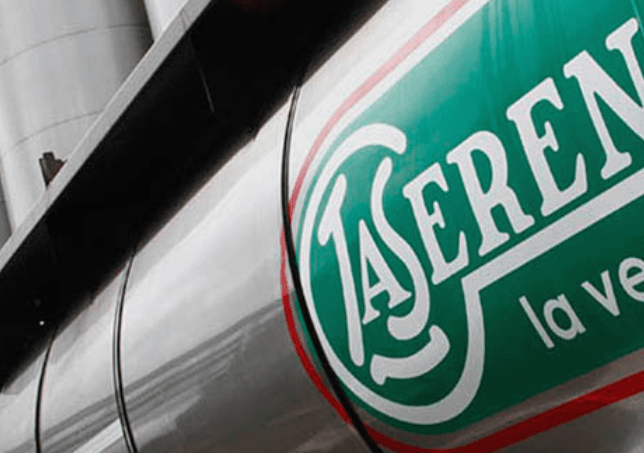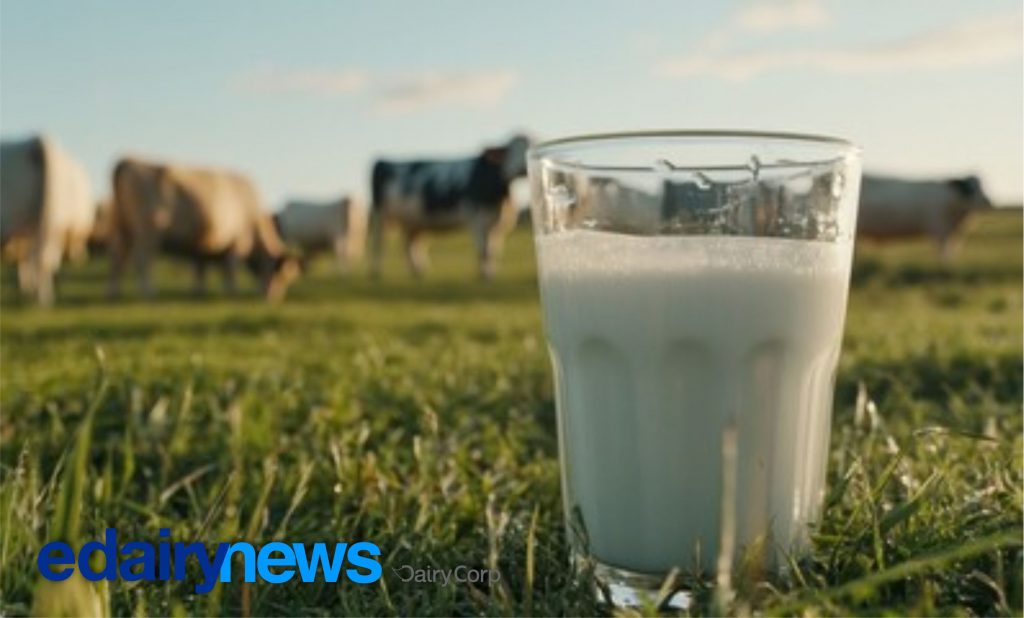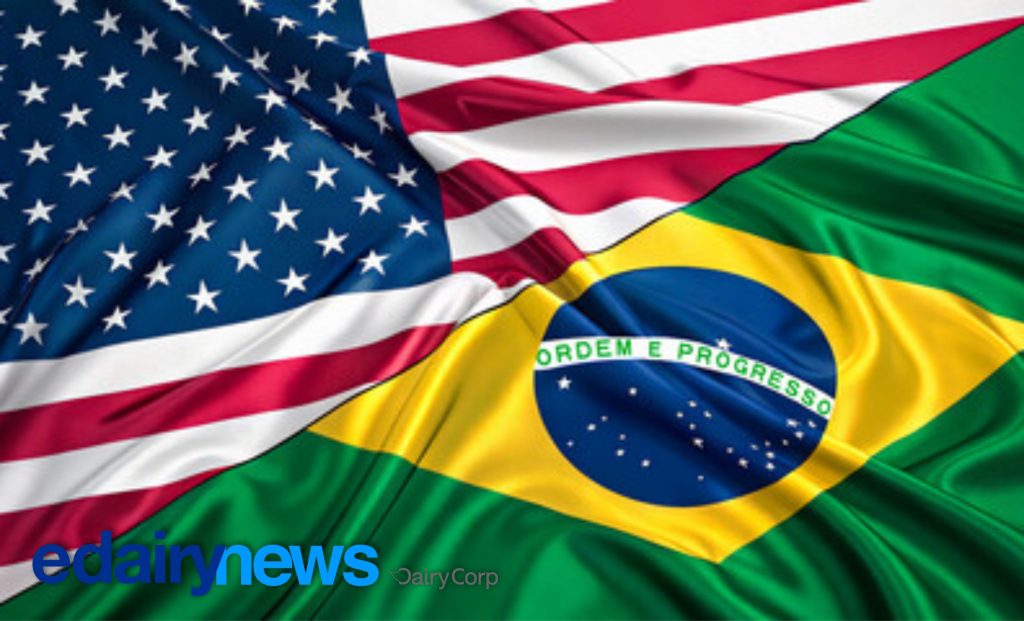This is being done so that cow dung and garbage produced by these dairies doesn’t end up in the city’s drains. MCG officials said around 320 dairies are currently operating in the city.
The corporation will work on a mechanism to collect and dispose of cow dung and other waste produced by dairies. Such waste is generally dumped into drains, choking them.
“We are going to identify diaries inside the city and allocate them space somewhere outside the city. We will make sure that their cow dung-based garbage is not thrown into sewer and stormwater drains. A lot of garbage is generated by the dairy industry, which lands in drains,” said MCG commissioner Vinay Pratap Singh.
He added, “Moreover, it is a health hazard for the nearby residents. A survey is going on to identify dairies in the city and will be completed in a week.”
Officials from the sanitation department said the survey is near completion. “We are identifying and geo-tagging dairies. There are around 70 dairies in zones 3 and 4 and around 250 dairies in zones 1 and 2. We have issued challans to diaries time and again for improper disposal of garbage,” said Rishi Malik, senior sanitary inspector of zones 3 and 4, MCG.
Officials said MCG is in talks with the district administration to allocate land for the diaries.
“We have sent a proposal to the district administration to allocate us land out of city limits to shift dairies. Once they are shifted, we will establish a mechanism to collect their garbage,” added Malik.
MCG may use cow dung for composting and making biogas. “The norms for disposal of waste from dairy farms suggest that the waste should not go into drains and a penalty should be imposed on those who are not disposing of waste in a proper way.
It can be utilised for biomethanation (producing biogas) and can also be used for composting,” said Sonia Duhan, MCG consultant for solid waste management and Swachh Bharat Mission.












